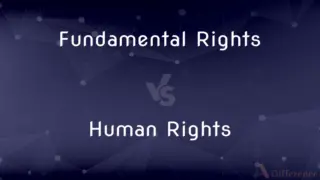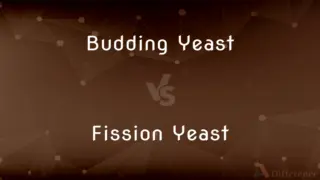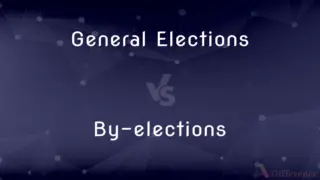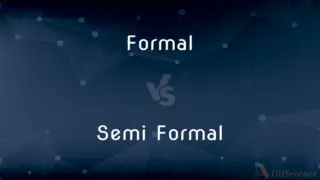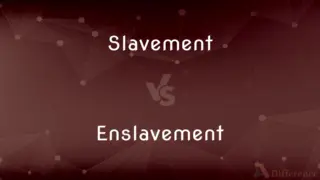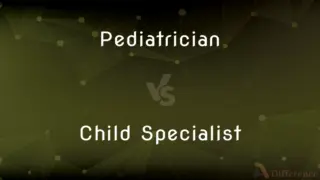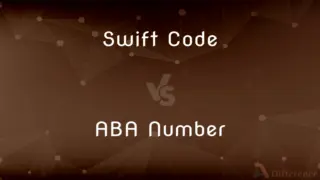Your vs. You’re — What's the Difference?
By Tayyaba Rehman — Published on October 22, 2023
"Your" is a possessive adjective indicating ownership; "You’re" is a contraction of "you are."
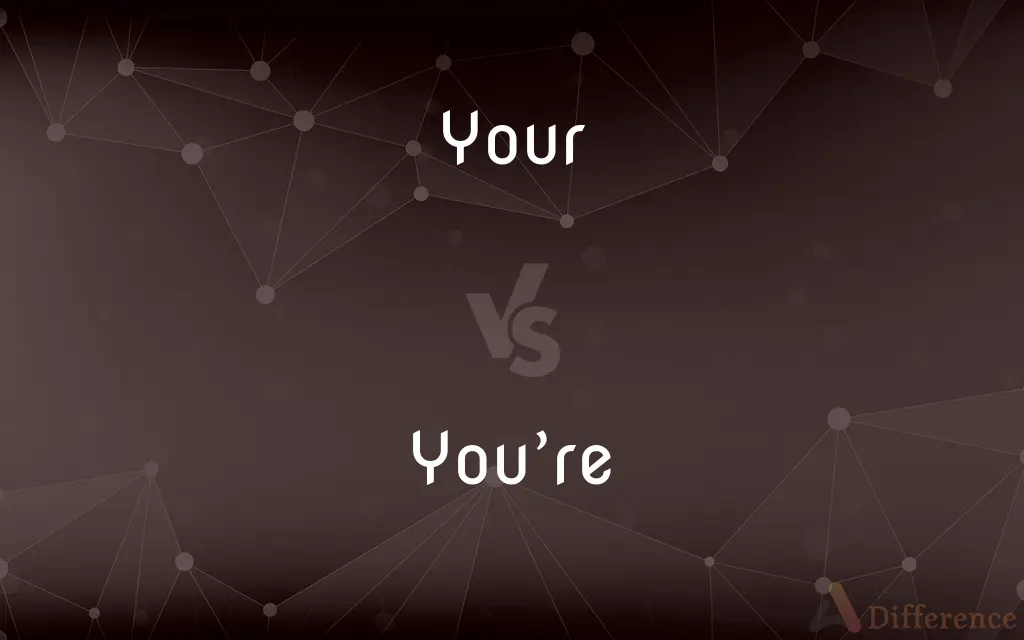
Difference Between Your and You’re
Table of Contents
ADVERTISEMENT
Key Differences
Your" is used to denote possession or belonging to the person addressed. On the other hand, "You’re" stands as a combination of two words: "you" and "are."
Tayyaba Rehman
Oct 22, 2023
When you wish to convey possession, like indicating something belongs to someone, "Your" is the word to use. In contrast, "You’re" is applied when one wants to state a fact or describe something about the person they're addressing.
Tayyaba Rehman
Oct 22, 2023
Misusing "Your" and "You’re" is a common mistake, as both words sound similar. However, the distinction is essential; "Your" conveys ownership, while "You’re" emphasizes being or existence. To simplify, think of "Your" as having an element of "ownership" and "You’re" as a way to describe or state something about someone.
Tayyaba Rehman
Oct 22, 2023
Comparison Chart
ADVERTISEMENT
Definitions
Your
"Your" is used to personalize or specify.
I heard your radio broadcast.
Tayyaba Rehman
Oct 04, 2023
You’re
"You’re" can be replaced with "you are" without changing the meaning.
You’re the one I’ve been searching for.
Tayyaba Rehman
Oct 04, 2023
ADVERTISEMENT
Your
"Your" is a possessive form of the pronoun "you."
Your book is on the table.
Tayyaba Rehman
Oct 04, 2023
You’re
"You’re" is often used for observations or statements.
You’re in the right place.
Tayyaba Rehman
Oct 04, 2023
You’re
"You’re" is a contraction of the words "you" and "are."
You’re doing a great job.
Tayyaba Rehman
Oct 04, 2023
Your
"Your" can indicate a relationship or association.
Your sister called today.
Tayyaba Rehman
Oct 04, 2023
You’re
"You’re" is used to describe or make a statement about someone.
You’re going to love this movie.
Tayyaba Rehman
Oct 04, 2023
Your
(Informal) Used with little or no sense of possession to indicate a type familiar to the listener
Your basic three-story frame house.
Tayyaba Rehman
Oct 01, 2023
Your
Belonging to you; of you; related to you (singular; one owner).
Let’s meet tomorrow at your convenience.
Is this your cat?
Tayyaba Rehman
Oct 01, 2023
Your
A determiner that conveys familiarity and mutual knowledge of the modified noun.
Not your average Tom, Dick and Harry.
Your Show of Shows
Your World with Neil Cavuto
Not Your Average Travel Guide
Tayyaba Rehman
Oct 01, 2023
Your
(Ireland) That; the specified (usually used with a human referent)
Your man just bought a new car.
Have you seen what your one over there is doing?
Tayyaba Rehman
Oct 01, 2023
FAQs
Can "Your" come before any word in a sentence?
"Your" usually comes before nouns or gerunds to indicate possession.
Tayyaba Rehman
Oct 22, 2023
How do I decide whether to use "Your" or "You’re"?
Use "Your" for possession and "You’re" when you can replace it with "you are."
Tayyaba Rehman
Oct 22, 2023
Why do people confuse "Your" with "You’re"?
Both sound similar when spoken, leading to confusion in writing.
Tayyaba Rehman
Oct 22, 2023
Can "You’re" be used to start a sentence?
Yes, e.g., "You’re going to be amazed."
Tayyaba Rehman
Oct 22, 2023
Can I use "Your" and "You’re" interchangeably?
No, "Your" shows possession, while "You’re" is a contraction of "you are."
Tayyaba Rehman
Oct 22, 2023
Is "Your" only used for tangible possessions?
No, it can also indicate intangible things like "Your courage is admirable."
Tayyaba Rehman
Oct 22, 2023
How can I remember the difference between the two?
Remember, "You’re" has an apostrophe because it's "you" + "are."
Tayyaba Rehman
Oct 22, 2023
Is it correct to say "Your welcome"?
No, the correct phrase is "You’re welcome."
Tayyaba Rehman
Oct 22, 2023
Which is longer in written form: "Your" or "You’re"?
"You’re" is longer as it's a contraction of two words.
Tayyaba Rehman
Oct 22, 2023
Why is the apostrophe used in "You’re"?
The apostrophe indicates omitted letters, in this case, the "a" from "are."
Tayyaba Rehman
Oct 22, 2023
Can "You’re" be used in questions?
Yes, e.g., "You’re coming to the party, right?"
Tayyaba Rehman
Oct 22, 2023
Is it common to confuse "Your" and "You’re"?
Yes, it's a frequent error in writing, especially among beginners.
Tayyaba Rehman
Oct 22, 2023
Author Spotlight

Written by
Tayyaba RehmanTayyaba Rehman is a distinguished writer, currently serving as a primary contributor to askdifference.com. As a researcher in semantics and etymology, Tayyaba's passion for the complexity of languages and their distinctions has found a perfect home on the platform. Tayyaba delves into the intricacies of language, distinguishing between commonly confused words and phrases, thereby providing clarity for readers worldwide.


